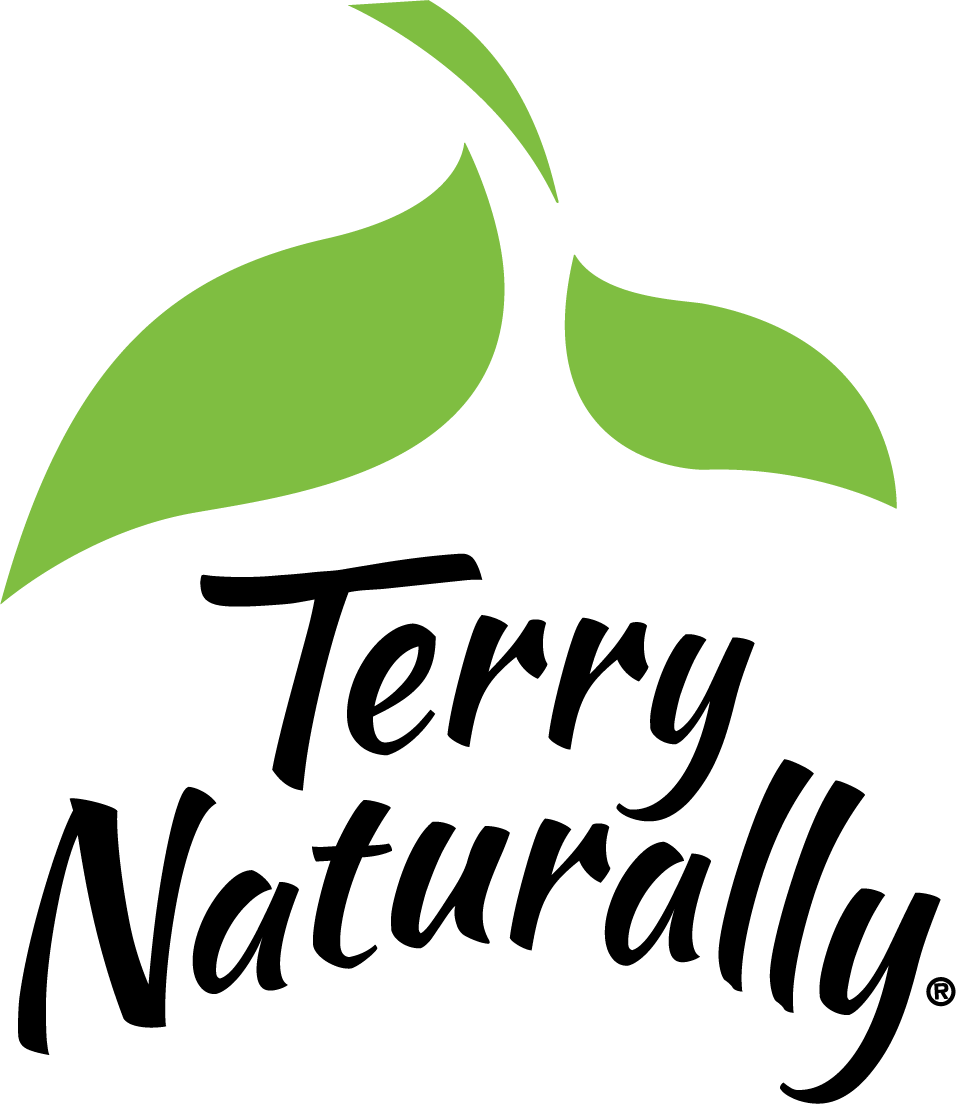Changes in our vision are one of the most noticeable differences when we get older. If you notice difficulties reading a menu in dim lighting or are distracted by bright glares while driving at night, you're not alone. It is estimated that over 12 million Americans aged 40 and over would benefit from healthy night vision support.*
So what, exactly, is changing to make this happen?  The eyes are very complex and each part–the lens, retina, macula, optic nerve, and blood vessels–all require nutrients to contribute to healthy vision, both day and night.
The eyes are very complex and each part–the lens, retina, macula, optic nerve, and blood vessels–all require nutrients to contribute to healthy vision, both day and night.
The macula is of special interest here. It is where images straight in front of us are focused on the retina. The macula contains components called rods and cones. The rods are responsible for black and white vision, and most low-light vision. The cones are responsible for color vision. There are twice as many rods as there are cones, and over time, they can be affected by oxidative stress, blue light, ultra-violet exposure from sunlight, and many other factors.
Additionally, the lenses of our eyes also contend with these same challenges, in addition to exposure to pollens, dust, and other particulates.
So it’s understandable that the eyes need a lot of nutrient support to stay healthy. The carotenoids and polyphenols from fruits and vegetables are valuable for eye health because they help build the very structures of the retina, macula, and lenses.
While a diet of polyphenol-rich fruits and vegetables can certainly help, a bit of supplemental support assures that you’re getting a consistent supply each day. That’s where Healthy Night Vision comes in.*  Healthy Night Vision: See the Difference with Select Nutrients*
Healthy Night Vision: See the Difference with Select Nutrients*
Healthy Night Vision combines selected nutrients chosen specifically to support vision and focus in low-light conditions, protect your eyes from the effects of blue light, support the macula and the delicate blood vessels that supply the retina, and protect the lens from occasional strain.*
- Lutein and Zeaxanthin are carotenoids related to beta-carotene that have shown benefits in clinical studies for supporting night vision. That’s most likely because both are already naturally found in the retina, where they support the rods and cones responsible for how well we see in the day and night.*
- Vitamin A in the retinol form is more readily used by the body and provides a consistent level of the vitamin compared to beta-carotene. If you notice a similarity between the words retina and retinol, it’s no accident–the retinol form of vitamin A is absolutely critical for your eyes.*
- Zinc works synergistically with vitamin A, and zinc bound to the amino acid glycine allows it to better absorb through intestinal walls and into the bloodstream, making it a more reliable support for a wide range of aspects of eye health.*
- French Grape Seed Extract VX1® is a unique grape seed extract. Unlike grape seed extracts that contain tannins, a hard-to-absorb form of oligomeric proanthocyanidins (OPCs), French grape seed VX1 is tannin-free. That means you get 100 percent absorbable and truly beneficial OPCs to support blood vessels in the eyes and protect lenses from the risk of oxidative stress and occasional strain.*
Never Be Afraid of the Dark Again
Entire days spent working on a computer can go by in a blur–literally. Close-up exposure to so much blue light can cause occasional eye strain and fatigue, plus increase the risk of oxidative stress to your eyes.* Likewise, nighttime driving can be truly frightening, with glare making it tough to tell where one lane ends or another begins, or how close other drivers really are. Healthy Night Vision supports focus in low-light conditions and promotes overall eye health so you’ll never have to be afraid of the dark again.*

